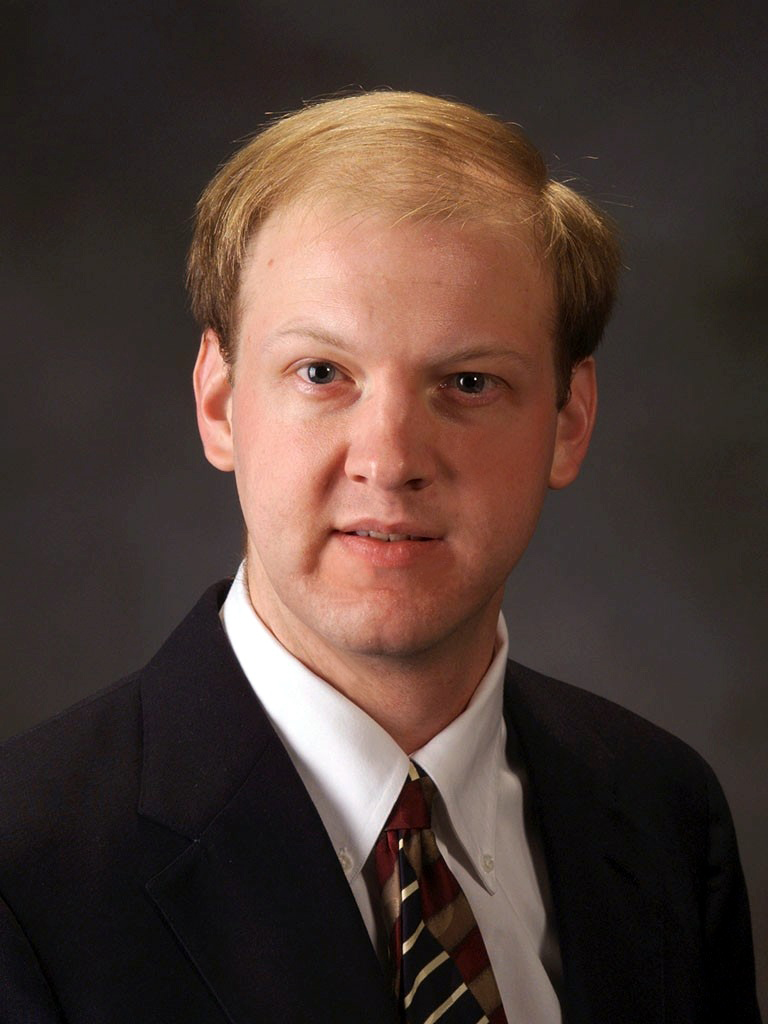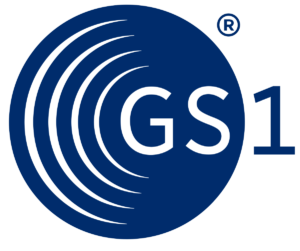
Building Trust — Using NRDZ’s to Shatter Spectrum Silos
Christopher R. Anderson
US Naval Academy
The wireless spectrum is a precious, finite, but infinitely renewable resource that has enabled unprecedented worldwide economic prosperity. With the explosive growth in 4th and 5th generation technologies, commercial wireless operators are increasingly demanding large contiguous allocations of spectrum, particularly in mid-band (sub 6 GHz) frequencies. It has been long established that the insatiable appetite for bandwidth is, however, outpacing regulators’ ability to reallocate fiercely protected spectrum rights, leading to the current spectrum crunch. Superimposed upon this drama is the need to preserve and protect specific frequency bands (that are determined by the laws of physics) for scientific uses, such as radio astronomy or remote sensing that provide valuable scientific information. Although it is easy to quantify (and be swayed by) the monetary value placed on spectrum by cellular services, it is incontestable that accurate weather forecasts and a better understanding of the formation and evolution of galaxies, stars and planets have value. Compounding the problem is a siloed approach to regulating, utilizing, and jealously guarding spectrum that foments distrust between and among active and scientific spectrum users.
Biography
Christopher R. Anderson is currently an Associate Professor of Electrical Engineering at the United States Naval Academy (USNA). He is the Founder and Director of the USNA Wireless Measurements Group (WMG), a focused research group that specializes in spectrum, propagation, and field strength measurements in diverse environments and at frequencies ranging from 300 MHz to 28 GHz. He has over two decades of experience in radiowave propagation measurements and modeling, software-defined radios, and dynamic spectrum sharing. From 2016-2018 he served as a Visiting Researcher at the National Telecommunications Information Administration (NTIA) Institute for Telecommunication Sciences in Boulder, CO where he concentrated on developing propagation models for cluttered environments. His research has been funded by the National Science Foundation, the Office of Naval Research, NASA, the Defense Spectrum Organization, and the Federal Railroad Administration. Dr. Anderson is a former Editor of the IEEE Transactions on Wireless Communications and was a Guest Editor of the IEEE Journal On Selected Areas In Signal Processing Special Issue on Non-Cooperative Localization Networks. He was the General Chair of the 2018 NTIA International Symposium on Advanced Radio Technologies.








